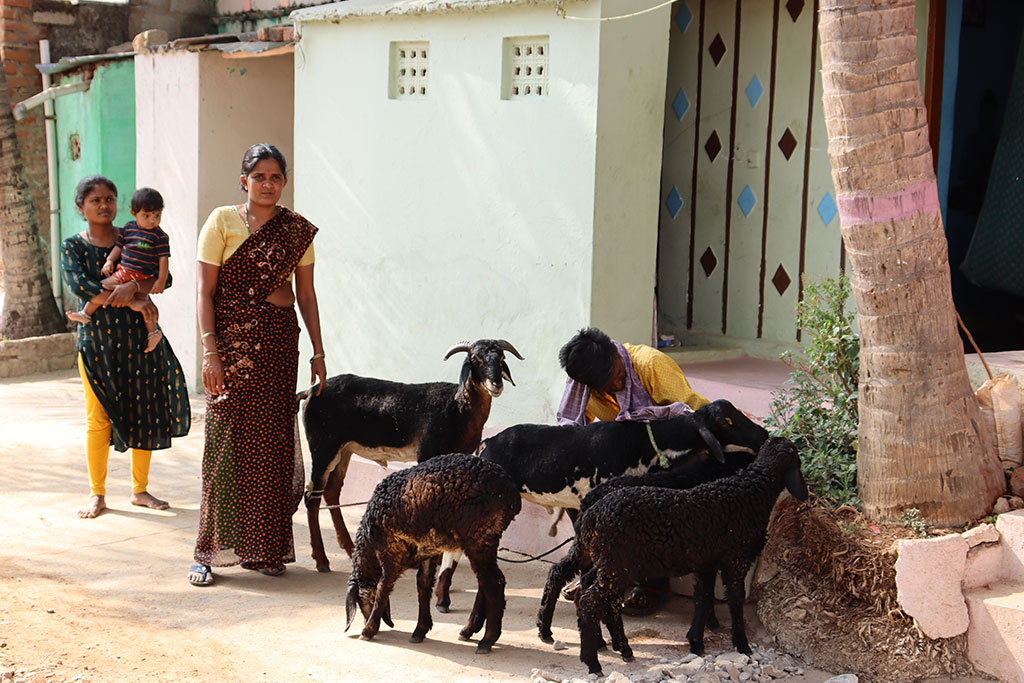Community Development
Community Empowerment
Empowerment is a multi-levelled concept. It integrates individuals, groups, organisations, communities and states, as well as contexts—the environmental, cultural, and historical contexts. The influence that each of the levels of empowerment radiates upon all the other levels is of much importance (Rappaport, 1987). The inequality in people’s access to resources is often a factor in their experience of disempowerment. Therefore, it becomes important to also facilitate their access to resources, which is one of the objectives of BREADS and its Don Bosco partners.
BREADS also empowers communities with access to information about rights and support to access entitlements, especially those especially vulnerable groups such as migrants, women, tribals, youth and children of socially and economically marginalised communities.
Community Healthcare
The Don Bosco partners work in the taluks of the Bidar, Kalaburagi, Yadagiri, and Raichur districts that were identified as most backward by the Dr DM Nanjundappa Committee Report 2003. This region is still developing slowly because of regional disparities and state neglect. Along with the large systemic issues that weigh these districts down, BREADS has also identified the major contributors to ill health: malnutrition, lack of hygiene and sanitation, lack of awareness, negligence of child welfare, communicable diseases fuelled by migration for work.
BREADS’ Health on Wheels is currently implemented across 56 villages in these four districts, reaching almost 60,000 people every year. These people are residents of Lambani (tribal) thandas and other villages which have very poor access to primary healthcare centres because of the roads and lack of transport. Mobile clinics visit these villages twice a month with awareness programmes, basic health checks, medical camps, and referral services. They were invaluable interventions especially during the COVID pandemic.
Sustainable Livelihoods
BREADS’ Women Empowerment through Livelihood and Entrepreneurship (WELivE) programme to create diversified income sources linked to food security is a significant undertaking for marginalised communities. The initiative builds rural women’s capacities to convert their usually unpaid household labour into profitable ventures, enabling sustainable income through microenterprises and social empowerment. In the process, the choice of sustainable livelihoods keeps them connected to their land and actively involved in the protection of their localities through the use of environmentally-sustainable methods of farming and animal husbandry.
Every year thousands of rural women in Karnataka and Kerala are involved in organic farming, livestock and poultry rearing, small fisheries and related small-scale entrepreneurial ventures. Additionally, thousands of farmers and youth are also trained in organic farming methods through the model organic farms in Hassan and Kalaburagi.

